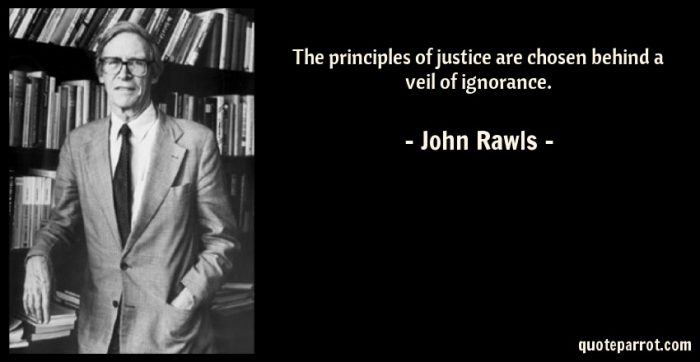
Page Description
Explore the key principles of justice,
including fairness, equality, and
impartiality, and how they shape
moral and legal systems across
different societies
Michael Sandel on the Justice of Education
1 – 04/24 – How to Measure Pleasure – J.S.MILLS – HARVARD’s Michael Sandel’s JUSTICE
2 Justice: What’s The Right Thing To Do? Episode 08: “WHATS A FAIR START?”
ART ONE: WHATS A FAIR START?
Is it just to tax the rich to help the poor? John Rawls says we should answer this question by asking what principles you would choose to govern the distribution of income and wealth if you did not know who you were, whether you grew up in privilege or in poverty. Wouldnt you want an equal distribution of wealth, or one that maximally benefits whomever happens to be the least advantaged? After all, that might be you. Rawls argues that even meritocracy—a distributive system that rewards effort—doesnt go far enough in leveling the playing field because those who are naturally gifted will always get ahead. Furthermore, says Rawls, the naturally gifted cant claim much credit because their success often depends on factors as arbitrary as birth order. Sandel makes Rawlss point when he asks the students who were first born in their family to raise their hands.
PART TWO: WHAT DO WE DESERVE?
Professor Sandel recaps how income, wealth, and opportunities in life should be distributed, according to the three different theories raised so far in class. He summarizes libertarianism, the meritocratic system, and John Rawlss egalitarian theory. Sandel then launches a discussion of the fairness of pay differentials in modern society. He compares the salary of former Supreme Court Justice Sandra Day OConnor ($200,000) with the salary of televisions Judge Judy ($25 million). Sandel asks, is this fair? According to John Rawls, it is not. Rawls argues that an individuals personal success is often a function of morally arbitrary facts—luck, genes, and family circumstances—for which he or she can claim no credit. Those at the bottom are no less worthy simply because they werent born with the talents a particular society rewards, Rawls argues, and the only just way to deal with societys inequalities is for the naturally advantaged to share their wealth with those less fortunate.
3 Justice: What’s The Right Thing To Do? Episode 09: “ARGUING AFFIRMATIVE ACTION”
4 Justice: What’s The Right Thing To Do? Episode 06: “MIND YOUR MOTIVE”
5 Morality and the Free Market – Michael Sandel
Gepubliceerd op 28 jul. 2009
Complete video at: http://fora.tv/2009/07/20/Michael_San…
Political philosopher Michael Sandel argues that free market economics have affected American perceptions of ethics, morality, and value. By emphasizing the monetary value of human goods, says Sandel, Americans may be moving away from notions of emotional and social worth.
—–
Harvard Professor Michael Sandel deliveres a speech titled “Markets and Morals” as part of the Chautauqua Institution 2009 Summer Lecture Series. He tackles some of economics’ toughest ethical questions, such as the business of commercial surrogacy and the price of citizenship. – Chautauqua Institution
Michael J. Sandel is the Anne T. and Robert M. Bass Professor of Government at Harvard University, where he has taught political philosophy since 1980.
He is the author of Liberalism and the Limits of Justice (Cambridge University Press, 1982, 2nd edition, 1997; translated into eight foreign languages), Democracy’s Discontent: America in Search of a Public Philosophy (Harvard University Press, 1996), Public Philosophy: Essays on Morality in Politics (Harvard University Press, 2005), and The Case against Perfection: Ethics in the Age of Genetic Engineering (Harvard University Press, 2007).
His writings also appear in general publications such as The Atlantic Monthly, The New Republic, and The New York Times.
6 RSA Minimate: The Tyranny of Merit | Michael Sandel
BOOKMARK
7 Fake Money Shredding Machine
8 mei 2011
A corner store cashier claims people’s money is counterfeit, so he shreds it and returns the remains to them. JFL British Edition is a presentation of JustForLaughsTV, the official Just For Laughs Gags YouTube channel. Home of the funniest, greatest, most amazing, most hilarious, win filled, comedy galore, hidden camera pranks in the world!